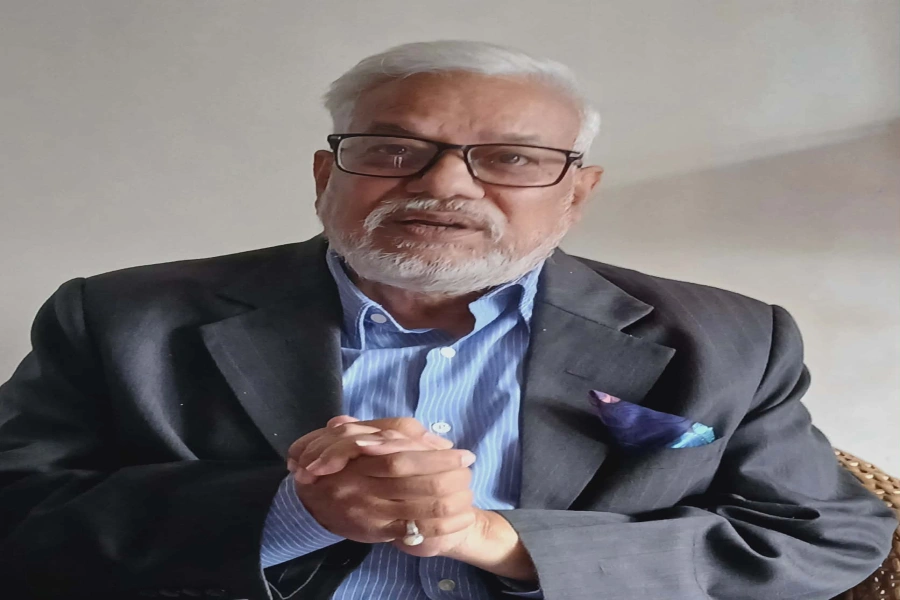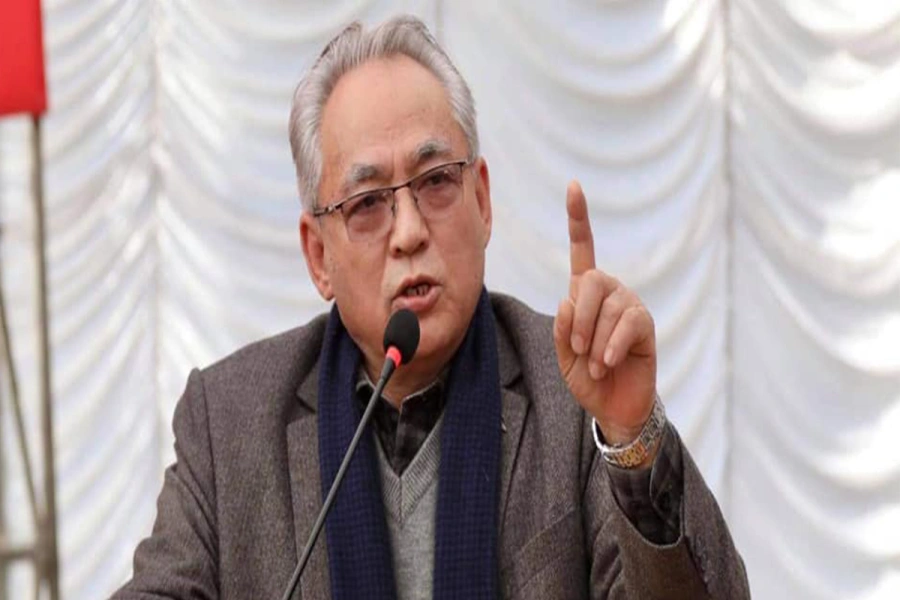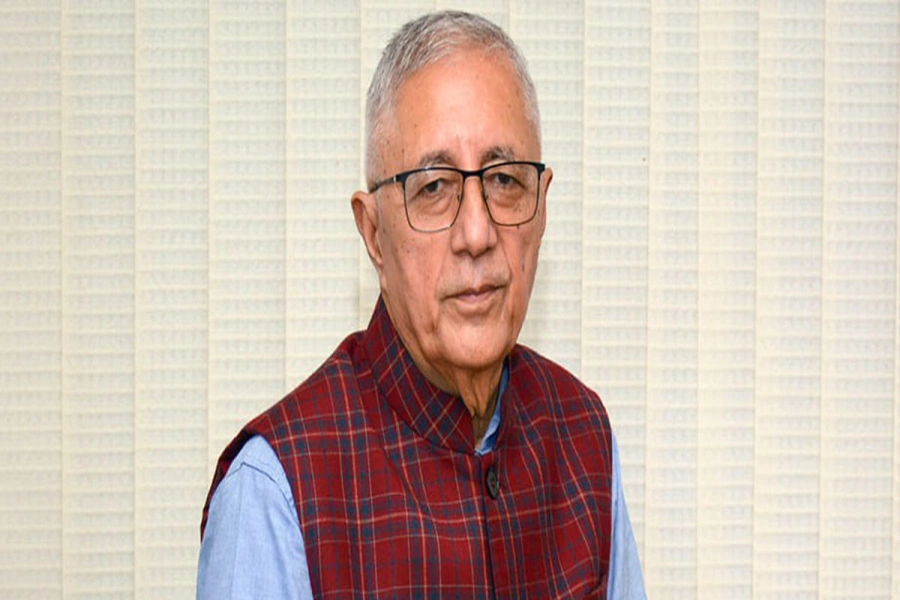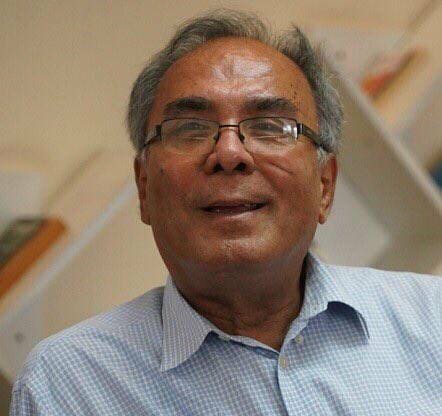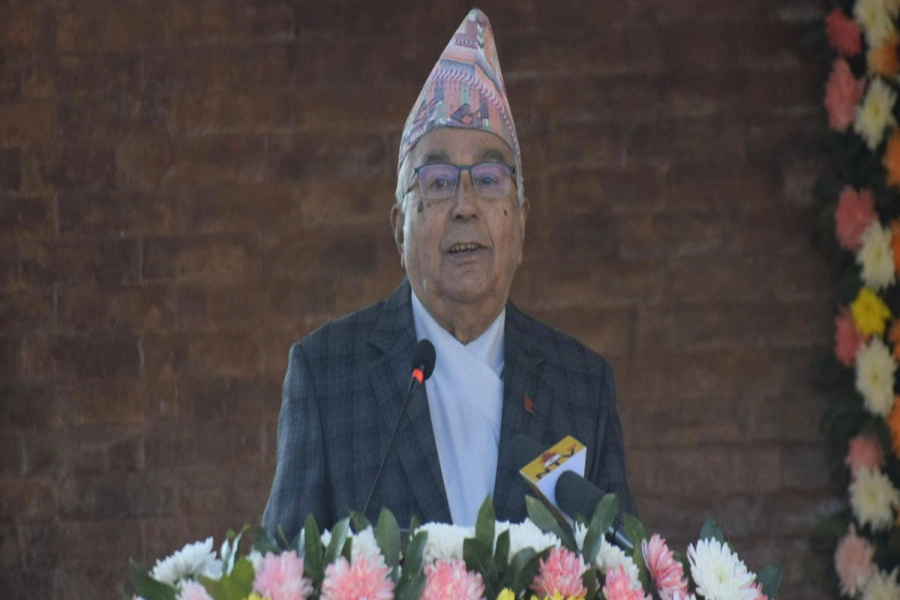Most of Sigmund Freud’s biographers believe cocaine played an important role in the development of his famous theories on psychoanalysis. Even if it were true, Freud would be one of very few chronic drug abusers who have managed to make important contributions to the society. Most drug abusers leave the world in complete obscurity, sick and depressed, their promising lives cut short by years of abuse. But the fact that the likes of Freud, Bill Gates and Steve Jobs used drugs at various times in their lives suggests drug abuse has never been a niche phenomenon anywhere in the world, affecting only certain sections of society.
In Nepal, the conventional image of drug abusers is of bedraggled, uneducated and unemployed youths, mostly male, who while away their time in worthless activities, also needs serious revision. Growing abuse of drugs among respected professionals shows the problem is more widespread. Typical new cases include a New Baneshwor-based engineer (30) who has been consuming drugs after his girlfriend left him; a Battisputali-based medical doctor (37) who started consuming drugs to reduce his stress; and a Lalitpur-based pilot (28) who took to abusing prescription drugs while studying abroad.
Unofficial estimates put the number of drug abusers in the country at around 150,000, but the real figures could be much higher as most cases never make any records. Rapid urbanization and breakdown of old supportive family structures put enormous stress on the up-and-coming professionals, who have to push their limits to sustain their expensive urban lifestyle.
Adding to their stress are shortage of basic amenities like clean drinking water and electricity, as urbanites struggle to strike proper balance between their professional and personal duties. Another big problem that the state has failed to address is the rapid growth of mental health patients. Nearly half of all people are affected by some kind of mental health problem in the course of their lives. But catering to a population of nearly 30 million Nepalis are a paltry 50 psychiatrists. The shortage of psychological counselors is as acute.
So far the country has been treating drug abuse as by and large a law and order problem. But putting drug abusers behind bars will neither do them any good in the long run, nor will it in any way help curb the practice in the society. First, the state has to acknowledge that drug abuse is a social menace which threatens the social fabric of the country if urgent measures are not taken to curb it. For starters, the state would do well to acknowledge the sheer scale of the problem: under a percentage of the country’s health budget goes into mental health, which makes a mockery of the government’s commitment to the overall health of its people.
A massive awareness campaign to educate the public on mental health is another need of the hour. When people know there is help available for their psychological problems, they are unlikely to resort to drugs. Growing drug abuse is like a time-bomb; it might be too late before the concerned stakeholders come to their senses.
Age is an issue of mind over matter, If you don't mind, it does...















